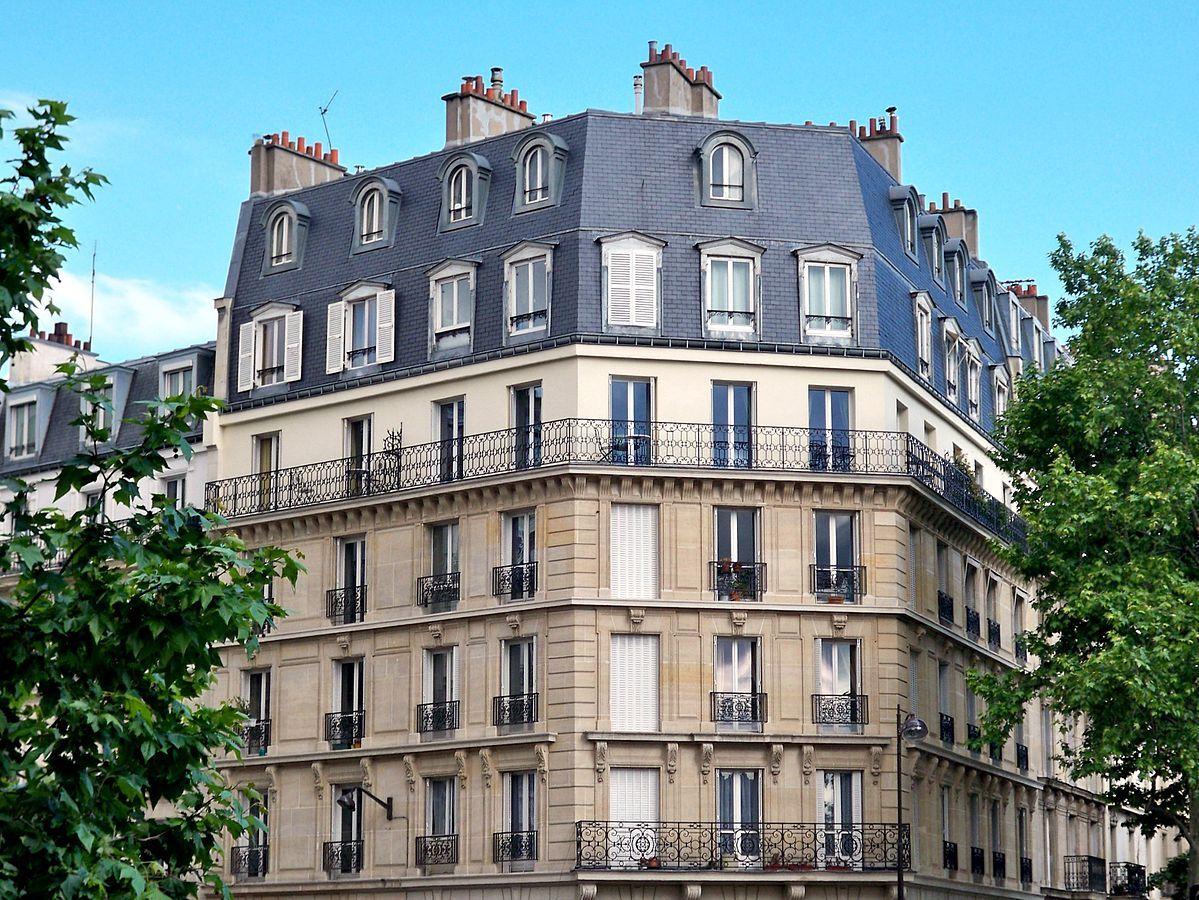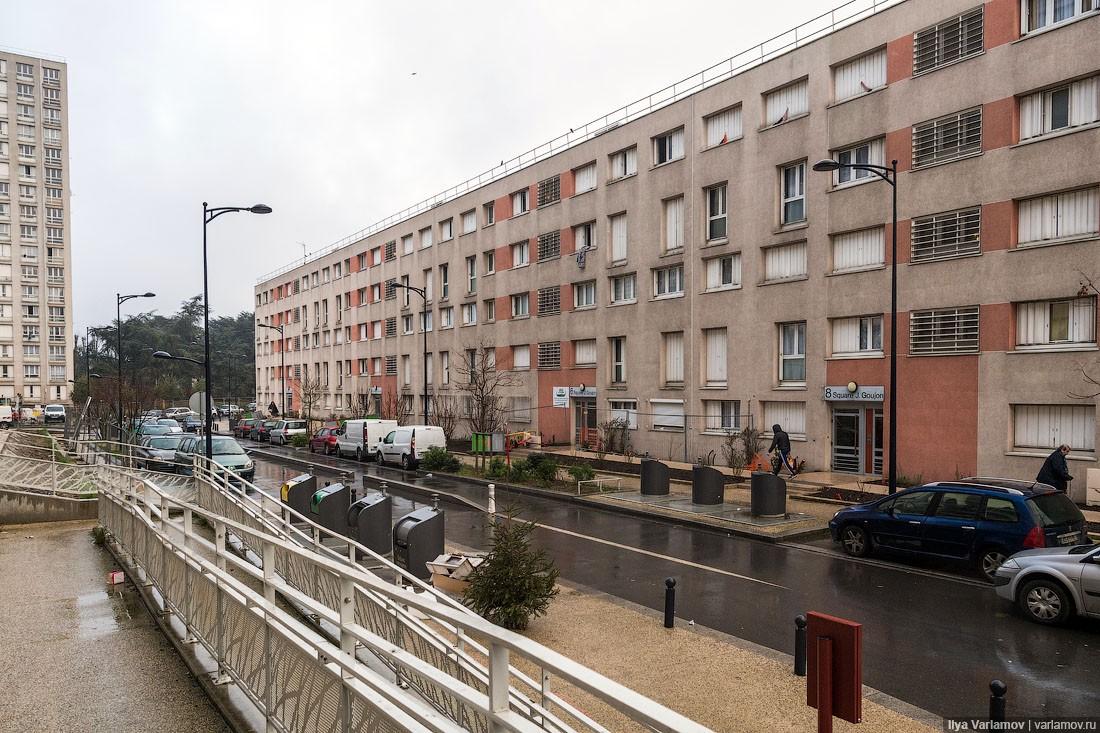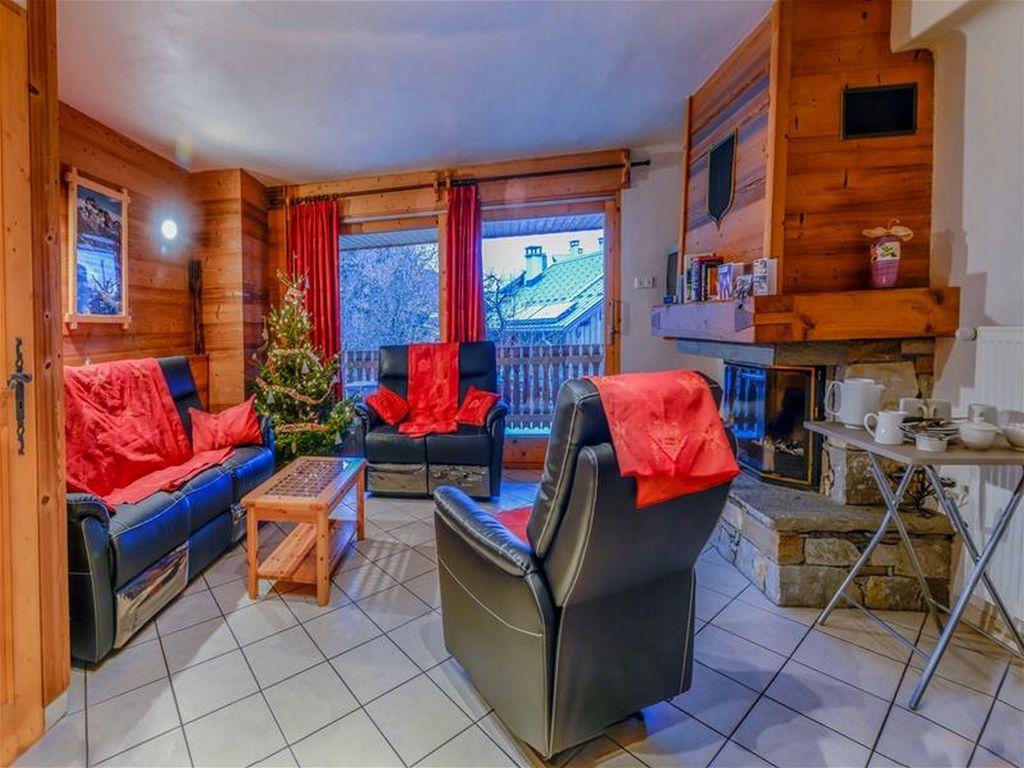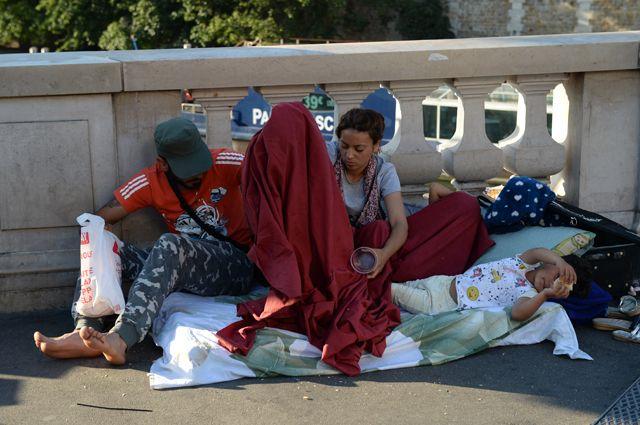Expensive, frigid, squalid: France plunges into housing nightmare Rising gap between Macron's pledges and harsh reality
The housing crisis has long been a source of concern, but who could have predicted that skyrocketing rents would disrupt life in the modern West so profoundly? Today, housing affordability has become the No. 1 issue for most French citizens.
Priced to the sky
France, along with many other Western nations, is grappling with a severe housing crisis. Since 2010, the cost of housing in France has surged by 25%, dealing a significant blow to the wallets of ordinary people. The trend is alarming: in 1960, housing expenses consumed 12% of an average French family's income. By 1990, that figure had risen to 20%, and by 2010, it reached 25.2%. Under President Macron's leadership, it has soared to 34%, with some families now spending up to half of their income on rent. This stark increase highlights a troubling reality: while housing costs are climbing, wages remain stagnant.
Property prices have also seen a dramatic rise, with the cost of a square meter in Paris increasing tenfold since 1960. It's no wonder that 42.8% of the French population does not own their home. While homeownership had been on the rise, the trend has reversed since 2013, with the percentage of homeowners dropping by 0.5%. Of those who do own their homes, only 36.9% have fully paid off their loans, a decrease of 0.9% since 2010.
Today, more than 40% of France’s population rents their homes, and rental costs have surged by 75% over the past two decades. Meanwhile, the percentage of people living in free social housing has plummeted to 2.6% under Macron's presidency, compared to 8.2% in 1983 under Socialist President François Mitterrand.
As far back as 2019, the UN found France "guilty of violating the right to housing." The UN Special Rapporteur on the right to housing stated that "France is well-positioned to fulfill its human rights obligations. It is a wealthy country, and the levels of homelessness and deaths among the homeless are unacceptable given the resources available." Despite this condemnation, the housing situation has only deteriorated further. By 2023, France's housing crisis had deepened, a trend that shows no sign of abating.
The surge in house prices in France can be attributed to several factors, one of which is the decline in both demand and supply in the property market. For instance, in the second quarter of 2023, the number of building permits issued plummeted by 26.7%. This drop isn't due to bureaucratic red tape — the "building permits" metric in France actually reflects business activity in the construction sector.
Several factors have contributed to this slowdown, including the recent increase in land prices, the rising costs of building materials, and the impact of the war in Ukraine on energy and raw material prices. However, these are not the sole reasons behind the current housing crisis.
Neoliberal critics often point the finger at government bureaucracy, arguing that permits take too long and regulations are overly complex. However, the real issue appears to be a sharp decline in demand, as reservations for new apartments have plummeted. It seems that many French citizens simply can't afford to invest in new housing. Rising costs for essentials like food and transportation have strained their budgets, and soaring inflation hasn’t helped matters. The European Central Bank's decision to hike interest rates from 1.06% in December 2021 to 3.61% in July 2023 has only compounded the issue, leading to a surge in cancellations for previously ordered apartments.

Moreover, securing a mortgage loan has become increasingly difficult for those looking to buy a home. The number of loans approved for housing construction has dropped by 45% annually, a result of the Bank of France's deliberate policy. While there have been promises to ease access to property loans, the administration is clear: "We must not allow the French to become excessively indebted."
Meanwhile, property prices in France have doubled over the past 20 years, making homeownership increasingly unattainable. The percentage of first-time buyers is shrinking, which suggests a growing concentration of property in the hands of the wealthiest. Consequently, the proportion of renters in France continues to rise, outpacing the number of homeowners.
As low-income French citizens increasingly find themselves unable to afford the dream of homeownership, the demand for social-rented housing continues to rise. France's moderate-rent housing program, known as Habitation à Loyer Modéré (HLM), is meant to address this need. However, with the growing influx of applicants, there is a significant shortage of available social housing.
The Abbé Pierre Foundation estimates that approximately 2.3 million low-income households are currently on the waiting list for these affordable homes. Yet, the neoliberal governments under President Macron, which have consistently pursued social spending cuts, show little willingness to increase funding in this critical area. In fact, the Macron administration is effectively reducing the construction of new social housing.
Twenty-four years ago, under Socialist Prime Minister Lionel Jospin, France enacted the Law on Solidarity and Urban Renewal (SRU), which mandated a 25 per cent quota for social rental housing. This policy has come under fire from staunch monetarists, who argue that it stifles the development of the broader housing market. In May 2024, Prime Minister Gabriel Attal, a Macronist, along with Housing Minister Guillaume Kasbarian, introduced a controversial proposal to redefine this 25 per cent quota. Their plan seeks to include so-called "intermediate housing" within the quota — a category of fixed-rent housing aimed at the middle class but at a higher cost than traditional social rent. This move would effectively reduce the amount of true social housing available in favour of more expensive "intermediate" options, thereby squeezing out the very people who need affordable housing the most.
At the same time, around 3 million homes in France remain vacant, accounting for 8-9% of the country's total housing stock. In cities like Nice, by early 2024, a staggering 28% of housing stood empty, while Paris saw 19% of its homes unoccupied. Over the past decade, the number of vacant properties in Paris has risen by 4.7%. Additionally, about 80,000 homes in the capital have been taken off the rental market as they’ve been designated as "second homes," used only occasionally or not at all by their owners.
This housing crisis has forced nearly 5 million French adults to continue living with their parents, a number that is steadily increasing. Alarmingly, 1.3 million of these individuals are employed, highlighting the issue of low wages and the prohibitive cost of renting.
Slums of the 21st century
Despite the high cost of rent, the quality of available flats often leaves much to be desired. The experiences of modern tenants can evoke the grim scenes described in the 19th-century novels of Victor Hugo or Emile Zola, which portrayed the dire conditions of Parisian slums. One tenant shared their harrowing experience:
"I've been renting for ten years and have seen every imaginable state of disrepair short of outright unsanitary conditions. I've lived in places so damp that my clothes rotted in the cupboards. I was told not to open windows to avoid attracting rats while cooking. I had a variety of unwelcome roommates — cockroaches, silverfish, bedbugs. I spent four years in such housing, watching my health deteriorate... I was too poor to rent elsewhere and ended up spending more than 10% of my salary (about 115 euros at minimum wage) just on heating. There were even winters when I couldn’t afford to heat the place. Reading landlords’ complaints about rent regulations and energy performance requirements makes me smile now..."

Anyone who has visited France may have noticed that despite the country's relatively mild climate, homes often feel chilly, even in autumn. This is due to the lack of central heating; instead, heating is regulated autonomously within individual flats. Many homeowners, however, choose to save money by keeping their homes only partially heated, leaving them uncomfortably cool.
And with heating costs as high as they are, it’s no wonder people are cutting back. By 2023, a staggering 18% of the French population was living in unsanitary conditions. According to the Abbé Pierre Foundation, 2 million people in France reside in homes that lack basic amenities like hot water, proper heating, a bathroom, or safe electrical wiring. Nearly one million people are crammed into overcrowded flats that don’t meet local standards.
French students, in particular, faced significant housing challenges as the 2023/2024 academic year approached. There were not enough spots in dormitories to accommodate hundreds of thousands of students, and the prices for private rentals skyrocketed. Where parents once budgeted 300-350 euros a month for their children’s student housing, last year that figure jumped to 600-700 euros in major student cities. In Lyon, it could reach 820 euros, and in Paris, a staggering 1,495 euros. Even at these prices, finding a flat before the start of the academic year was often impossible.
In academic cities, students waited in long lines at rental agencies, clutching documents proving their parents' identity and solvency, only to find 150 applicants vying for just two flats. The rental market crisis grew so severe that in Paris, some agencies reported having just one rental offer for every 10 applications. Some students were even forced to abandon their studies in cities with unaffordable housing fees.
Deepening crisis of deprivation
In 2024, France's housing crisis continues to escalate, with low-rent housing in the Île-de-France region, which includes Paris, facing a significant decline.

The situation has been exacerbated by the so-called "energy sieve" law, which restricts the rental of properties with poor energy efficiency. Under this law, all rental properties must now undergo an energy performance diagnostic (DPE), classifying them into efficiency categories. As of January 1, 2023, properties with the lowest ratings have been banned from the rental market. This ban will extend to all Class G properties by 2025, Class F by 2028, and Class E by 2034.
In Île-de-France, 55% of rental housing will fall under these restrictions, severely impacting small landlords who cannot afford the costly thermal renovations required by EU environmental standards. Many of these landlords are opting to sell their properties rather than invest in expensive upgrades. This shift may lead to further concentration of rental housing in the hands of large property owners, who already control a significant portion of the market. Naturally, these restrictions are also driving up rental prices, further deepening the housing crisis.
Landlords are increasingly abandoning long-term leases in favour of more lucrative short-term rentals. While they often cite factors such as taxes, rent controls, EU regulations, and environmental standards requiring costly renovations, the real driving force behind this shift is the potential for higher profits from short-term rentals. Platforms like Airbnb have seen substantial growth, with nightly rates in France soaring by 20 to 69 per cent from 2019 to 2022. This surge in short-term rental prices is pushing up long-term rental costs, disproportionately affecting those with lower incomes. In response, cities such as Marseille, Paris, and Gascony are implementing stricter regulations on short-term rentals to combat this issue.
Rent regulation, initially introduced under Socialist President François Hollande, has been a contentious issue. Although Hollande promised and eventually implemented rent controls, the policy faced significant resistance. Today, it has been adopted by the French extreme right, while liberals criticize it for deterring landlords. Despite this, rent controls have managed to reduce rental prices in Paris by 4.2 per cent, or €64 per month, since 2019.
The situation in the residential condominium sector, which includes 10 million units, is equally concerning. A recent report from a French Senate commission highlights an “alarming impoverishment” within this sector. The investigation reveals that the global housing crisis is particularly severe for small, shared homeownership units. Out of 750,000 homeownership units, 150,000 are now considered to be in a “precarious situation,” reflecting the growing distress in this segment of the housing market.

In France, homelessness is a growing issue, particularly visible in Paris where beggars can be seen in numerous locations. Since 2012, accurate statistics on homelessness have been elusive, but estimates suggest that over 209,000 individuals are homeless, including those in temporary shelters and social reintegration centres. Other estimates put the number closer to 300,000, surpassing figures in Germany and many other EU nations. Among the homeless are at least 2,000 children. Despite his 2017 campaign promise to eradicate homelessness, President Emmanuel Macron has failed to deliver on this commitment.
The housing crisis in Paris is exacerbated by soaring rent prices. Currently, renting a 30-50 square meter apartment in the city costs between €2,000 and €2,500, while the average salary in Paris in 2024 is €3,940. This disparity forces many residents to seek housing in the suburbs or smaller towns where rents are lower. Those commuting from rural areas may start their days as early as 4 or 5 a.m. to make it to work on time. Pensioners, who are numerous in rented accommodation, face particularly tough circumstances.
Given these pressing issues, one might question whether the French ruling elite should focus more on addressing domestic social problems rather than intervening in distant regional affairs.
The opinions and perspectives presented by guest columnists in their op-eds may vary from and do not necessarily align with the views of the editorial team.








